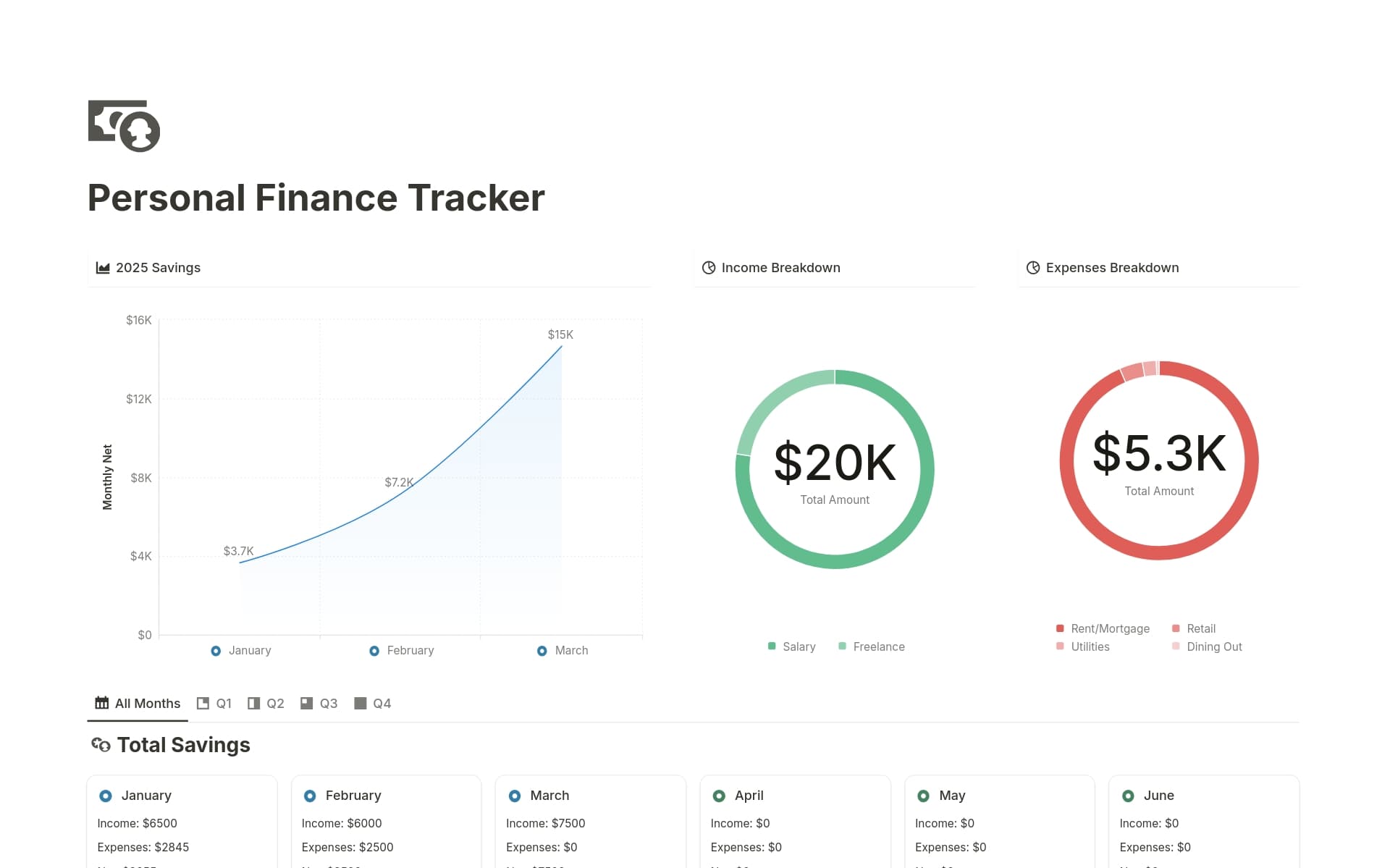Having meaningful customer conversations is crucial for understanding client needs, improving service quality, and building lasting relationships. A Customer Conversations template in Notion can streamline the process of documenting interactions, tracking feedback, and analyzing customer sentiments, ensuring that no detail is overlooked.
Before you dive into creating your own system for managing customer conversations, take a look at these Notion templates designed to make the process more efficient and effective. They offer structured formats for planning, executing, and summarizing your customer interactions, saving you time and enhancing communication.
What Should Customer Conversations Templates Include?
Choosing the right Customer Conversations template in Notion can streamline your communication and ensure consistency across your team. Here are key components to look for in a good template:
Predefined Replies: Templates should include a variety of canned responses that can be easily customized to fit different customer inquiries and issues.
Follow-up Actions: Ensure there are clear prompts or sections for follow-up actions, which help in maintaining the continuity of customer interactions.
Customer History: A section to record previous interactions with a customer can be invaluable for providing personalized service and understanding recurring issues.
Feedback Mechanism: Look for templates that incorporate a method for collecting customer feedback directly through the conversation flow.
Selecting a template with these components will not only improve the efficiency of your customer service team but also enhance the overall customer experience.
What Should Customer Conversations Templates Avoid?
When selecting a Customer Conversations template in Notion, it's essential to know what features might hinder rather than help. Here are three key components to steer clear of:
Overly Complex Structures: Templates with too many layers and subcategories can confuse and slow down the interaction process, making it harder to track customer issues effectively.
Fixed Response Fields: Avoid templates that limit responses to predefined options. Flexibility in documenting diverse customer interactions is vital for accurate and helpful communication records.
Non-Customizable Sections: Templates that don't allow modifications to fit specific business needs can become more of a hindrance than a help, restricting the relevance and applicability of the data collected.
Choosing the right template involves looking for simplicity, flexibility, and customization to ensure it enhances your customer service interactions rather than complicating them.










